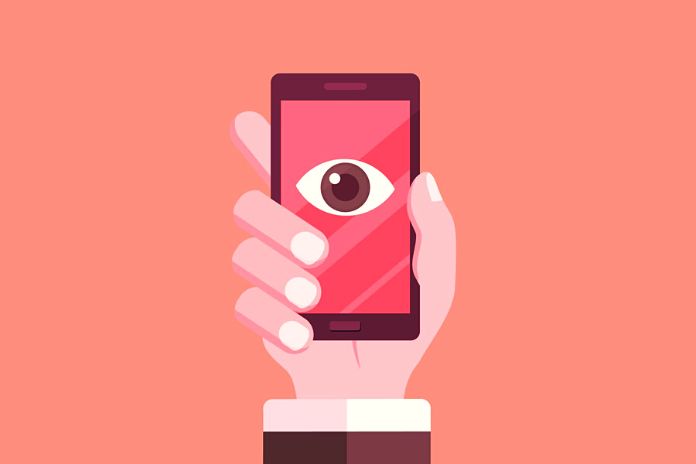Hackers always seem to have an edge no matter how hard we put in. In a hypothetical game of chess, they would be ahead of at least one or two moves, able to predict what others will do, and immediately find adequate countermeasures. So when we need to find countermeasures to protect our privacy, we need to know where the attacks can come from.
And the smartphone is one of the most used tools to “spy on us” or use softer language to keep track of our activities. Using sensors and hardware components inside it, a hacker could not only read our e-mail or access the photo gallery but also follow all our movements and know where we are and where we are heading. In short, if someone managed to sneak into the cell phone, he could understand everything (or almost) about our life.
How Can They Spy On Us With Their Smartphone?
Unlike what is believed, then, the digital attackers do not even have to work too hard to be able to steal information from “careless ” smartphones. Below we will see how they can spy on us with their smartphone without our suspicion about what is happening. On the contrary, most of the time, the user provides this information distractedly, thus making the game of digital pirates in search of data and information to resell on the dark web.
Log In On The Web
Every time we log in to Facebook, Gmail, or any other online service, the service manager will be able to find out (albeit broadly) the location from which we connect. These are not extremely precise data, but they will allow us to provide more or less valuable “accessory“ services. By exploiting this data, for example, social networks or email platforms will be able to recognize unauthorized access and report them to us. At the same time, however, this allows the manager to know our movements and where we are every time we use the service. In this way, for example, it will be able to show us geo-localized advertisements referring to services or activities in our vicinity.
Tagging Photos
While it may seem harmless to most people, you are giving away precious personal information when you tag a photo (either by adding the name or the location you are in). In particular, it is good to think about it before ordering pictures that we will then share publicly: many thieves (the real ones, not cyber pirates) scan the net in search of people on vacation to be able to present themselves at home and act undisturbed.
Using Wi-Fi
How often, while we are on vacation, do we search for places or cafes with public and accessible Wi-Fi networks to have a stable connection without the risk of exceeding the Giga threshold of our tariff plan? Here, when we do, let’s remember that the relationship is not exactly free. We pay for it with our personal information such as e-mail address or mobile number (the data used to log in), where we are most often, and so on. This information is then used to show us advertisements related to our preferences and habits the next time we connect. This, of course, assuming the security of Wi-Fi hotspots: as you know,
Turning On The Smartphone
Even if we were to turn off GPS and any other form of geolocation, our smartphone would still be traceable and locatable. How? Thanks to the cellular network, of course. To work perfectly, the cellular network must be able to precisely locate where the receiving devices are located (the so-called triangulation). In this way, it will be able to set the time of the phones, have them connected to the nearest tower ( with the strongest signal), and much more.
Also Read: 5G: Opportunities For Industry 4.0

